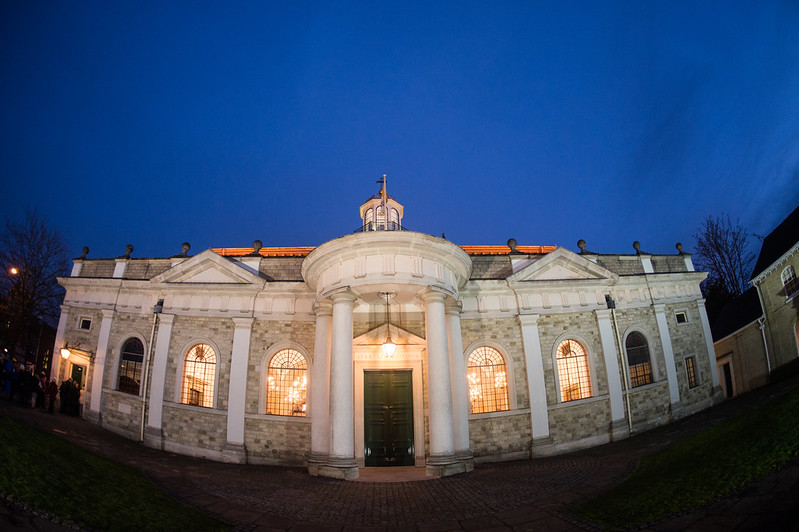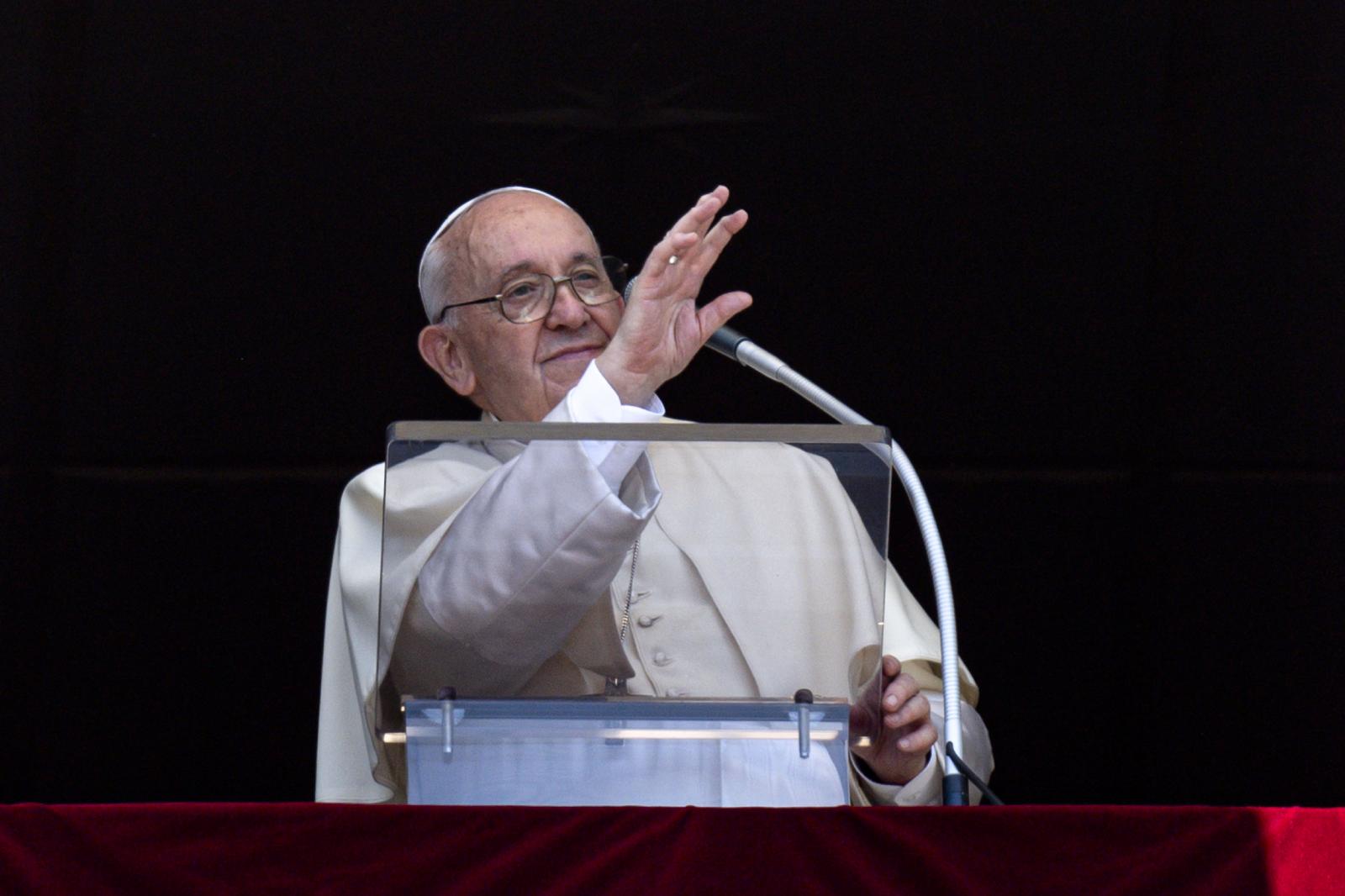Pope Francis has taken another step in his efforts to clean up Vatican finances by placing all investments under the control of a special committee that will ensure all Church money follows strict protocols in line with Catholic teaching.
A new investment policy published on 19 July prohibits the Holy See investing in weapons or the defence industry; pornography and prostitution; gambling; pro-abortion health centres and companies that work with embryonic stem cells or manufacture contraceptive products.
Crucially, the new guidelines remove the autonomy of Roman Curia departments to invest their own money, something which has been cited as creating a culture in the Vatican separate financial fiefdoms operating with little oversight.
This was widely perceived as contributing to the bungled investments by the Holy See’s Secretariat of State into a London property which is now the centre of a Vatican corruption deal. The investments in 60 Sloane Avenue, Chelsea, South West London, saw the Holy See lose €140 million (£119 million) and led to the Secretariat of State being stripped of control over its funds in 2020.
Investments, the new policy states, should be low risk and support the Church’s social teaching by seeking to “contribute to a more just and sustainable world”. These investments should favour clean energy and environmentally friendly products while supporting companies that are tackling hunger, poverty and inequality such as the pay gap between men and women.
The 20-page document also warns that speculative investments in mining, oil, nuclear energy and alcoholic drinks should be avoided along with complex financial products.
One of the major problems identified as contributing to Vatican financial scandals has also been the high level of financial oversight given to clergy with no financial training. From now on, however, investments will be overseen by an ethical investment committee led by Cardinal Kevin Farrell, the prefect of the Dicastery for the Laity, Family and Life who holds a Masters in Business Administration (MBA). He will be assisted by four lay experts: Jean Pierre Casey, founder and manager of RegHedge (Britain); Giovanni Christian Michael Gay, managing director of Union Investment Privatfonds GmbH (Germany); David Harris, portfolio manager of Skagen Funds (Norway) and John J. Zona, investment manager of Boston College (United States).
Along with the investment policy, the Vatican released the statutes of the new committee which state it must be made up of experts drawn from across the world who serve for five year terms. The committee will also authorise portfolio managers.
Furthermore, all Vatican departments must now close down their investments and share holdings in foreign banks, including in Italy, and transfer them to the Institute for the Works of Religion, known as the Vatican Bank. These investments, overseen by the ethics committee, will be handled by the Administration of the Patrimony of the Holy See (Apsa), the central treasury and asset management arm of the Vatican, which is already managing funds previously overseen by the Secretariat of State.
“Apsa, as the institution that administers the assets of the Holy See, will set up a single fund for the Holy See in which the investments in the various financial instruments will flow, and will have an account for each institution, processing the reporting and paying the returns,” the Vatican explained in a statement.
Apsa is led by Bishop Nunzio Galantino and his number two, Dr. Fabio Gasperini, a highly experienced finance professional and auditor who has served in senior positions at Ernst and Young, the multinational accountancy firm.
The latest changes were announced by the Secretariat for the Economy, the body set up by Francis as a way to coordinate the financial activity in the Holy See and ensure transparency and accountability. The first prefect was Australian Cardinal George Pell and today is led by a Jesuit Priest, Fr Juan Antonio Guerrero and his number two, Maximino Caballero, who held executive positions at Baxter Healthcare, in the United States. It in turn reports to a council which is made up of a board of cardinals and lay experts which include former UK Education secretary, Ruth Kelly.
The new investment guidelines will come into effect on 1 September while the establishment of a special committee to oversee investments was established by the Pope’s recently released constitution for the Roman Curia.
Ever since his election in 2013, the Jesuit Pope has taken various steps to tackle mismanagement and corruption in the Vatican's finances which for years have been plagued by scandals.
--



 Loading ...
Loading ...